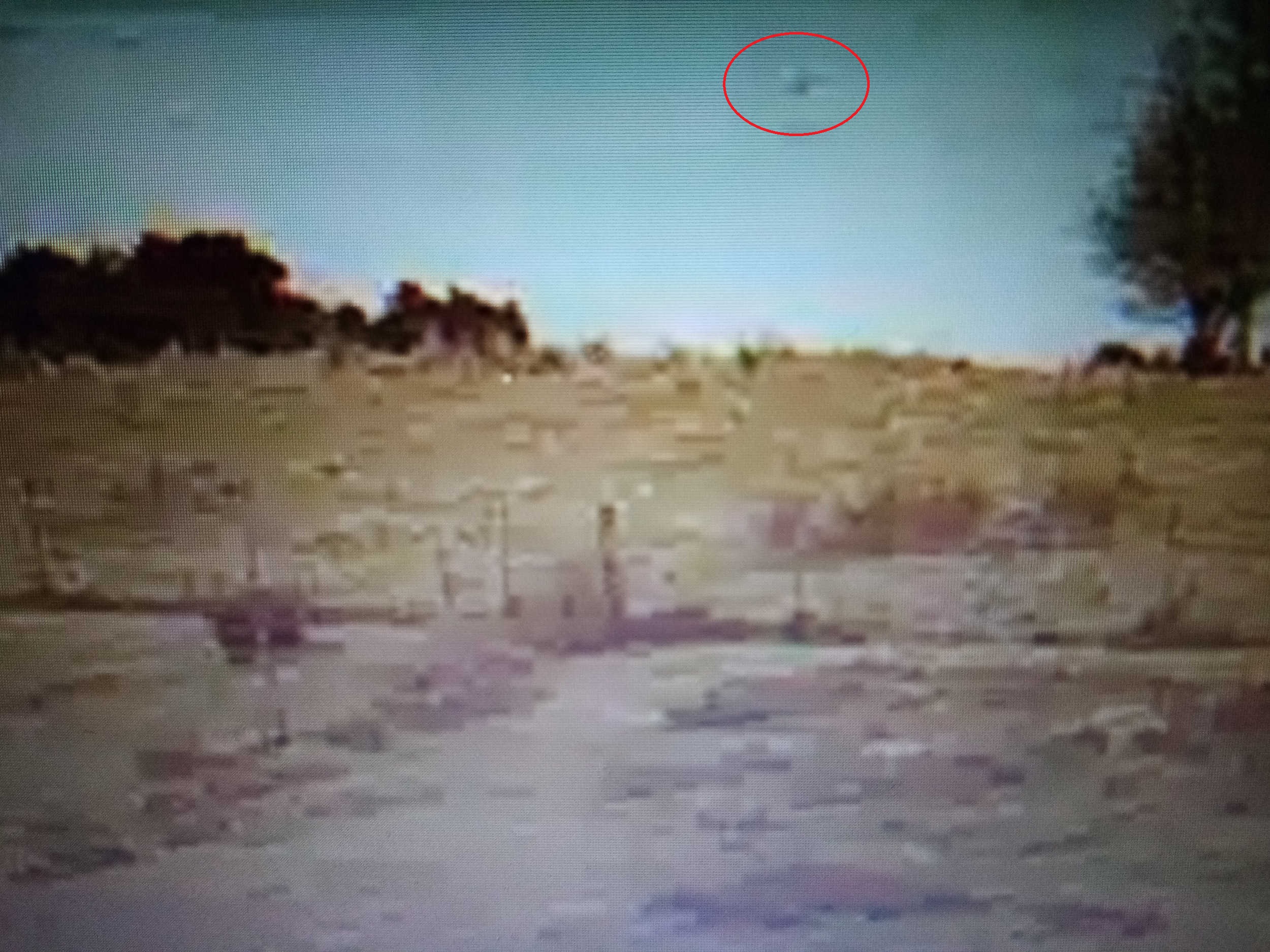A VETERAN Nessie watcher has recorded the first official sighting of the legendary beast of the decade.
Eoin O’Faodhagain spotted a dark object moving about on the loch on January 18.
The two clips, from a live webcam, were submitted to the Official Loch Ness Monster Sightings Register and “confirmed” on Tuesday.
Eoin, from Drumdoit, Co Donegal, reckons the clips show Nessie swimming and occasionally splashing around in Urquhart Bay.
It is the first “confirmed” sighting of the beast since October 29 last year.
Eoin, 55, a hospital clerk, reckons the object he was watching was about four foot wide and ten feet long.
Eoin has now spotted Nessie six times in total, four of them last year alone.

Speaking today, Eoin said: “There were no boats or birds to see at the time of the sighting.
“The object was at least four feet wide and maybe 10 feet long. It was a shame the Cam quality was not great at the time of sighting.”
He added: “It’s great to get the very first sighting of the Loch Ness Monster for the decade.
“There has been a lot of speculation that this creature is migratory in nature. Well I think a sighting on the 18th of January disproves this theory. Nessie in my opinion goes no further than the Loch itself.

“When you see it once again, you are shocked to say the least. I just wish I was standing actually at the Loch edge and not watching it on live cam.”
The October sighting was made by Zachary White, five, while he was out searching for the creature with binoculars, a compass and a magnifying glass.
Last year was a record number of sightings for the 21st Century and the most since 1983 with 18 altogether.
Last September, researchers from New Zealand claimed that the Loch Ness Monster could be a large eel.
The scientists extracted DNA from water samples, which ruled out the presence of large animals and there was no evidence of a prehistoric marine reptile called a Plesiosaur.
Research carried out in 2018 revealed that the mythical creature is worth £41m a year to the Scottish economy.
